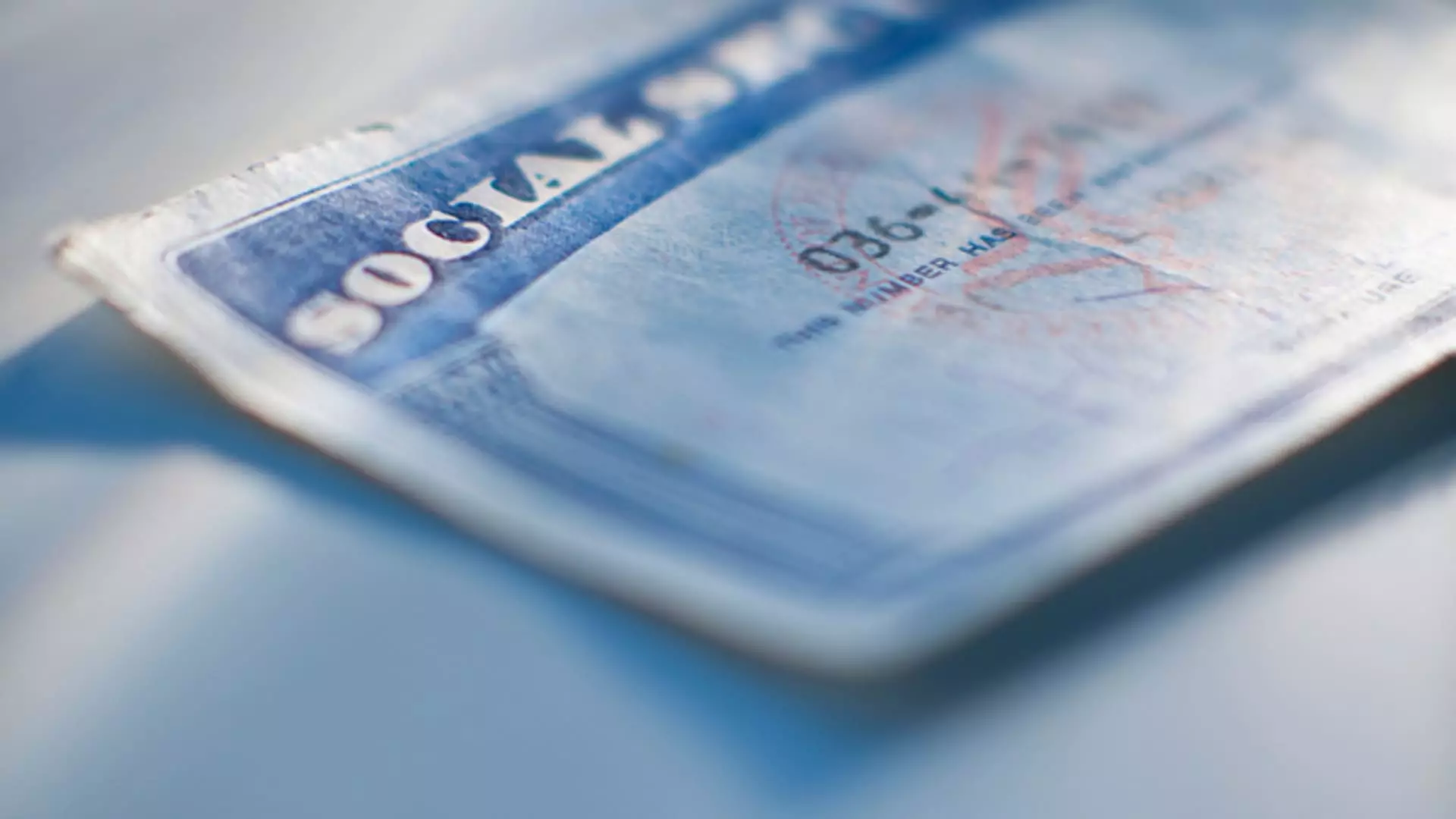In a recent massive data breach at National Public Data, owned by Jerico Pictures Inc., personal information of millions of individuals may have been compromised. Reports suggest that over 2.7 billion personal records may have been exposed, including sensitive information such as Social Security numbers, names, email addresses, phone numbers, and mailing addresses. The breach was suspected to have occurred when a third-party bad actor hacked into the data and potentially leaked the information in December, April, and over the summer. Despite the disclosure of the breach, National Public Data did not provide any comment.
The breach raises concerns about the security of personal data and the accuracy of information collected by such background check companies. Cyber professionals examining the breached data found that much of the information was already publicly available and may not be entirely accurate. Cliff Steinhauer, the director of information security at The National Cybersecurity Alliance, pointed out that certain information, such as property transactions or tax payments, is considered public record and can be aggregated by companies without consumers’ permission.
In light of the breach, it is crucial for individuals to take steps to safeguard their personal information. Freezing your credit with the major credit bureaus – Equifax, Experian, and TransUnion – is recommended to block access to your records by malicious actors. Additionally, changing passwords, enabling multi-factor authentication, and avoiding sharing personal information on public networks are essential for enhancing cybersecurity.
Consumers have the option to opt out of being included in data collections by sites like National Public Data. However, contacting multiple data brokers individually can be cumbersome. To simplify the process, individuals can consider paying for a data broker removal service that will handle the requests on their behalf. Moreover, investing in identity theft monitoring tools and dark web monitoring services can provide added protection and alert individuals to any suspicious activities involving their personal information.
While legal action may be pursued against National Public Data for the data breach, the likelihood of receiving substantial monetary compensation is low. Previous cases, such as the 2017 Equifax breach, resulted in minimal payouts to affected individuals. Proving actual harm from a data breach can be challenging, especially with the prevalence of such incidents in recent years. Class action lawsuits may be initiated to consolidate claims, but demonstrating specific damages tied to a particular breach remains a significant hurdle.
The National Public Data data breach serves as a stark reminder of the vulnerabilities associated with personal information in the digital age. Individuals must proactively take steps to secure their data and monitor any suspicious activities to mitigate the risks of identity theft and fraud. While legal avenues may be pursued, the focus should be on prevention and enhancing cybersecurity measures to prevent future breaches.

Leave a Reply